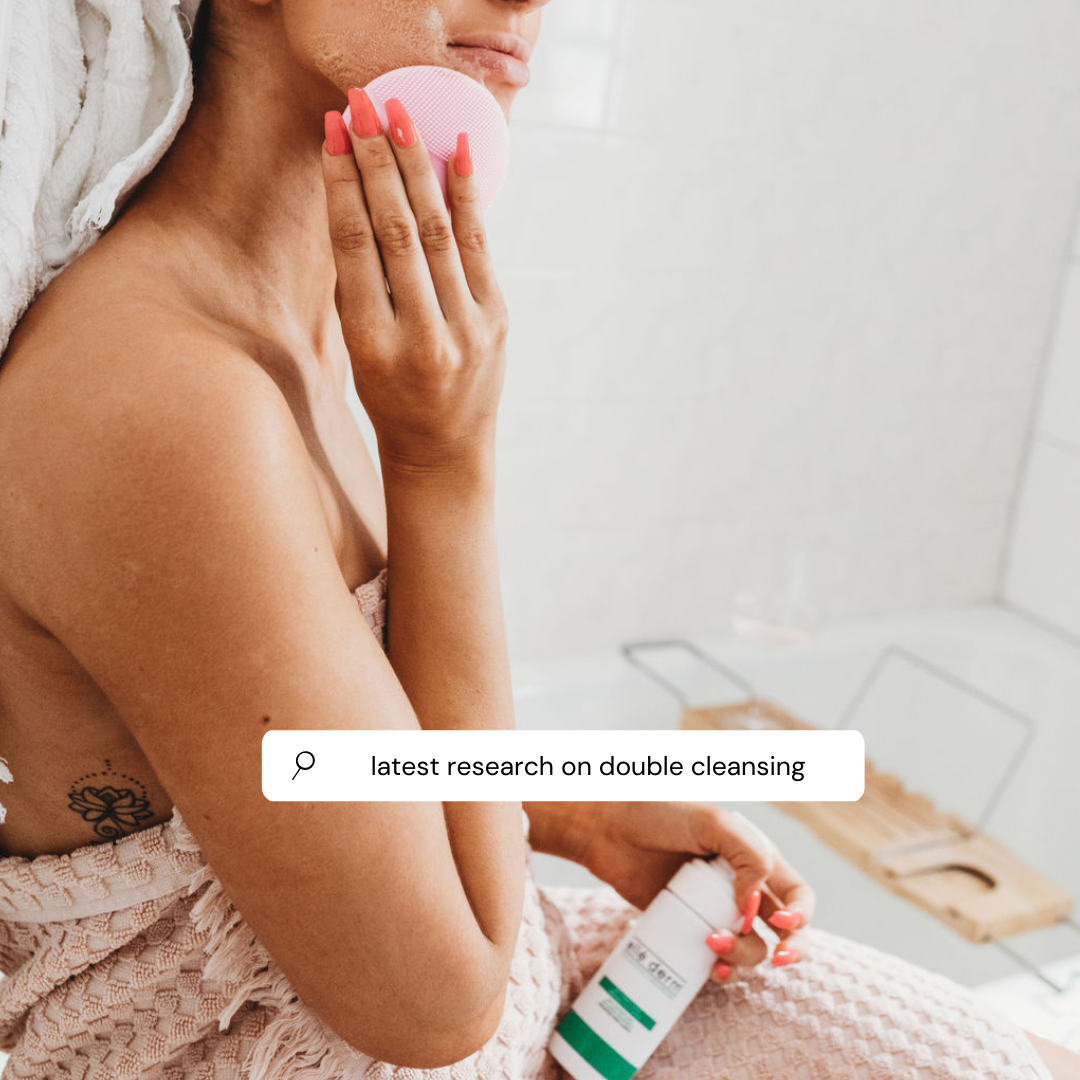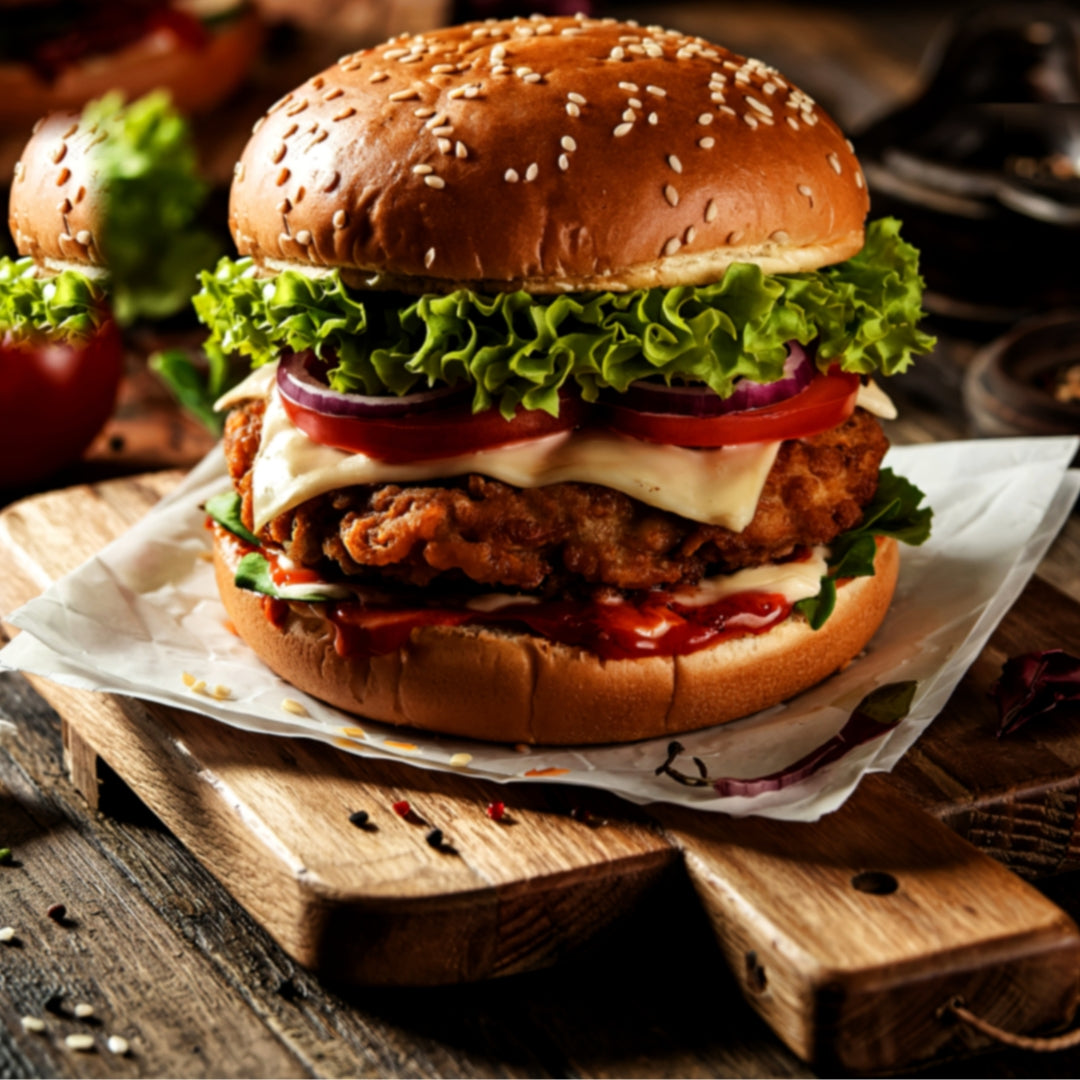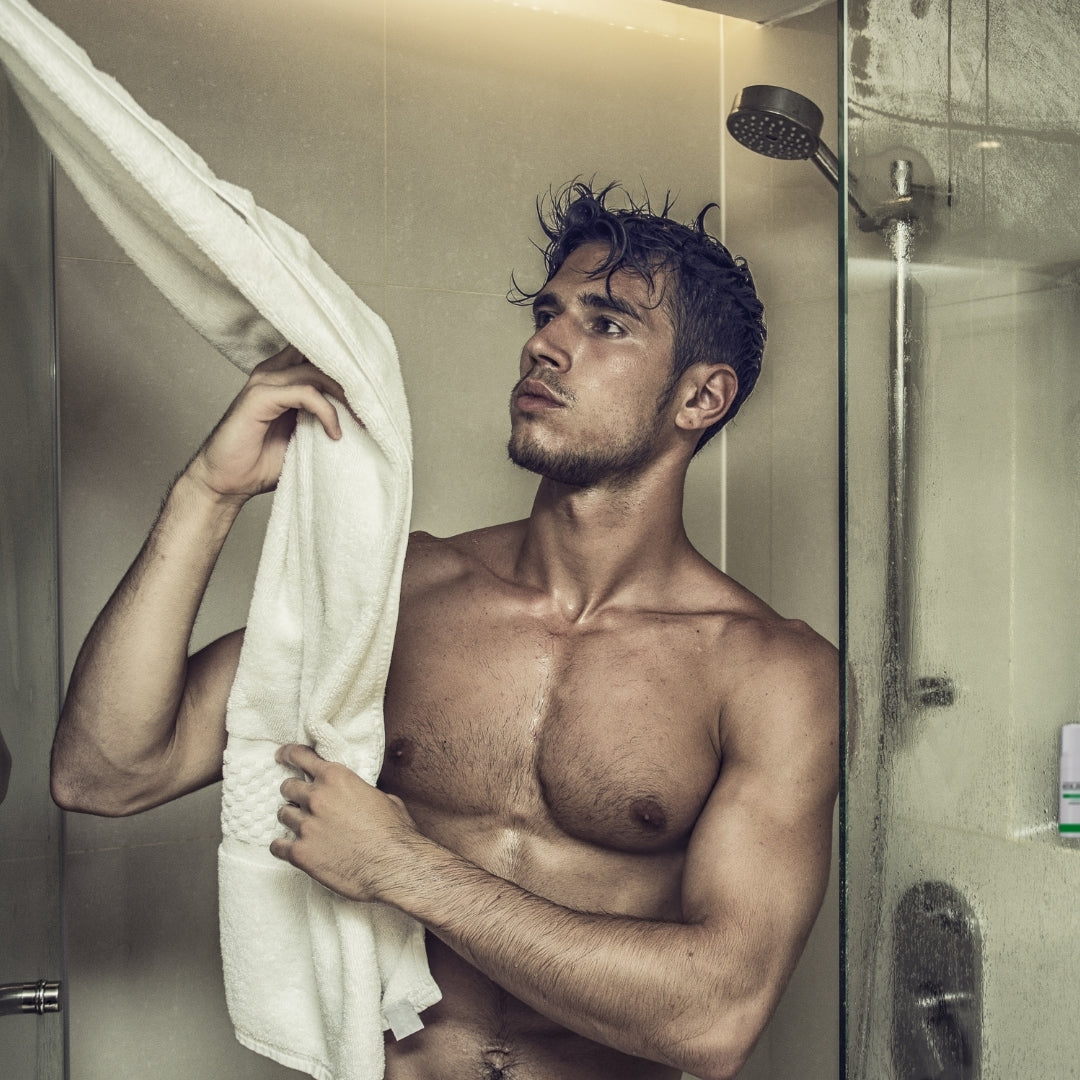Bakuchiol vs Retinol | ellé derm
Bakuchiol was a much-loved and trendy ingredient in 2020 as an alternative to Retinol due to its antiaging and anti-acne properties.
How does bakuchiol work?
Found mainly in the seeds of the Indian plant Psoralea corylifolia, bakuchiol appears to target similar cellular pathways as retinoids but they are not identical because the chemical structure is different. It also has potent antioxidant, soothing and anti-inflammatory effects.
How well does the evidence stack up?
Two clinical studies have been performed to test the efficacy of Bakcuchiol in cosmeceuticals. The first study was published in the International Journal of Cosmetic Science in 2014. The study cohort comprised 17 women who applied Bakuchiol 0.5% twice daily for 12 weeks. These women saw an improvement in fine lines, and reduced wrinkle depth and pigmentation compared to their baseline level. The drawback of this study is that it did not include a control (e.g. another active) or placebo group for comparison.
The second study was published in the British Journal of Dermatology in 2018 comparing bakuchiol 0.5% cream applied twice daily with retinol 0.5% cream applied once daily for 12 weeks in 44 patients. This study is more robust because (1) it contained a control group (which is the retinol) and (2) the population size is larger.
The study demonstrates that retinol is superior in its ability to reduce the appearance of fine lines and improve photoaging when compared to bakuchiol. Bakuchiol, however, was found to be better tolerated by patients.
Is bakuchiol anti-acne?
Bukachiol has anti-acne properties (anti-inflammatory and proliferative) but no studies have been conducted in patients with acne vulgaris using bakuchiol alone.
A study published in the Journal of Clinical, Cosmetic and Investigative Dermatology conducted on 111 patients showed that the addition of bakuchiol, Ginkgo Biloba and mannitol to adapalene can improve the efficacy of adapalene (a prescription strength retinoid) in patients with acne vulgaris.
This suggests that adding Bakuchiol to retinol preparations can perhaps enhance the efficacy of retinol owing to its antioxidant effects, but more research is required to strengthen the evidence.
Author: Helen Huynh (B Pharm) MPS
References:
1. Chaudhuri, R. Bojanowski K (2014). Bakuchiol: A retinol-like functional compound revealed by gene expression profiling and clinically proven to have anti-aging effects. International Journal of Cosmetic Science. Published online 29 January 2014. DOI: https://doi.org/10.1111/ics.12117
2. Dhaliwal, S. Rybak, I et al (2018). Prospective, randomised, double blind assessment of topical bakuchiol and retinol for facial photoageing. British Journal of Dermatology. Published online 27 June 2018. DOI: https://onlinelibrary.wiley.com/doi/full/10.1111/bjd.16918



